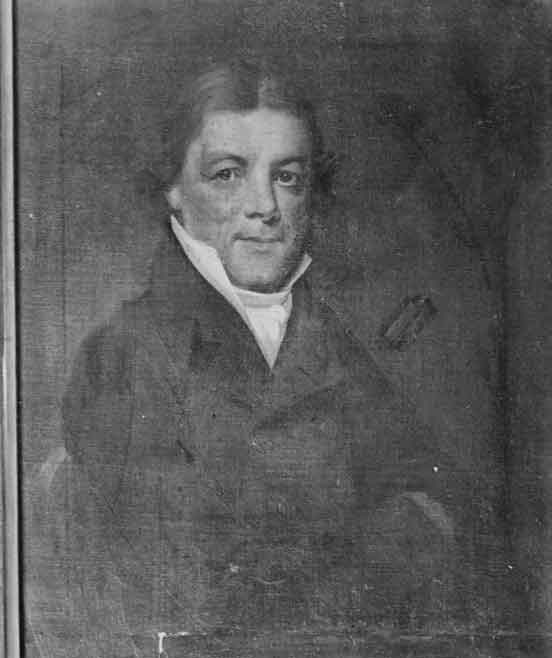Randolph, John

Randolph, John (1773-1833) Statesman: John Randolph ("of Roanoke"), a descendant of Pocahontas and John Rolfe, was born on June 2, 1773, in Cawsons, Virginia. In 1787, he was sent to the College of New Jersey (now Princeton), which he left the next year upon his mother's death. Transferring to Columbia College, in New York, he witnessed President George Washington's inauguration. A year later, Randolph's second cousin, Edmund Randolph, took up the position of Attorney General. Young Randolph was sent to Philadelphia to study law with his cousin. In Philadelphia, he attended debates and lectures in a wide variety of fields, including politics and medicine, and may have gotten involved in personal scandals as well. He developed into an eccentric individual, combining opposite characteristics and interests. At the beginning of the French Revolution, his heroes were Thomas Jefferson and Edmund Burke, two men who took quite different approaches to politics. He supported a strongly pro-slavery party, yet wrote a will which freed all his slaves. He supported the Federalists' Alien and Sedition Acts; yet offended President Adams by addressing him in a letter without the customary flowery titles and signing the letter as "your fellow citizen." Elected to Congress in 1799, he became the leader of the Democratic-Republicans in the House of Representatives and Chairman of the Ways and Means Committee. He fought against the corruption of the Yazoo fraud and worked for the impeachment of Justice Chase. Randolph became known for his eloquence, honesty and wit, as well as his eccentricity. Appleton's Cyclopedia of American Biography described him as being "six feet in height and very slender, with long, skinny fingers, which he pointed and shook at those against whom he spoke." Jefferson and Randolph, formerly allies, split over their views of Napoleon: Jefferson, at least initially, idealized Napoleon, while Randolph abhorred him. After struggling to avert the War of 1812, coming into conflict with President Madison, he spent two years out of Congress, returning in 1815. In Congress, he opposed the Missouri Compromise and Nullification. Although he began working on creating a "States' Rights" party, he opposed slavery, and probably would have opposed the southern confederacy that would be formed because it was largely based in slavery. Later elected to the US Senate in 1824 and defeated in the next election, he was appointed Minister to Russia in 1830. After returning to the United States, Randolph died in Philadelphia on June 24, 1833.
